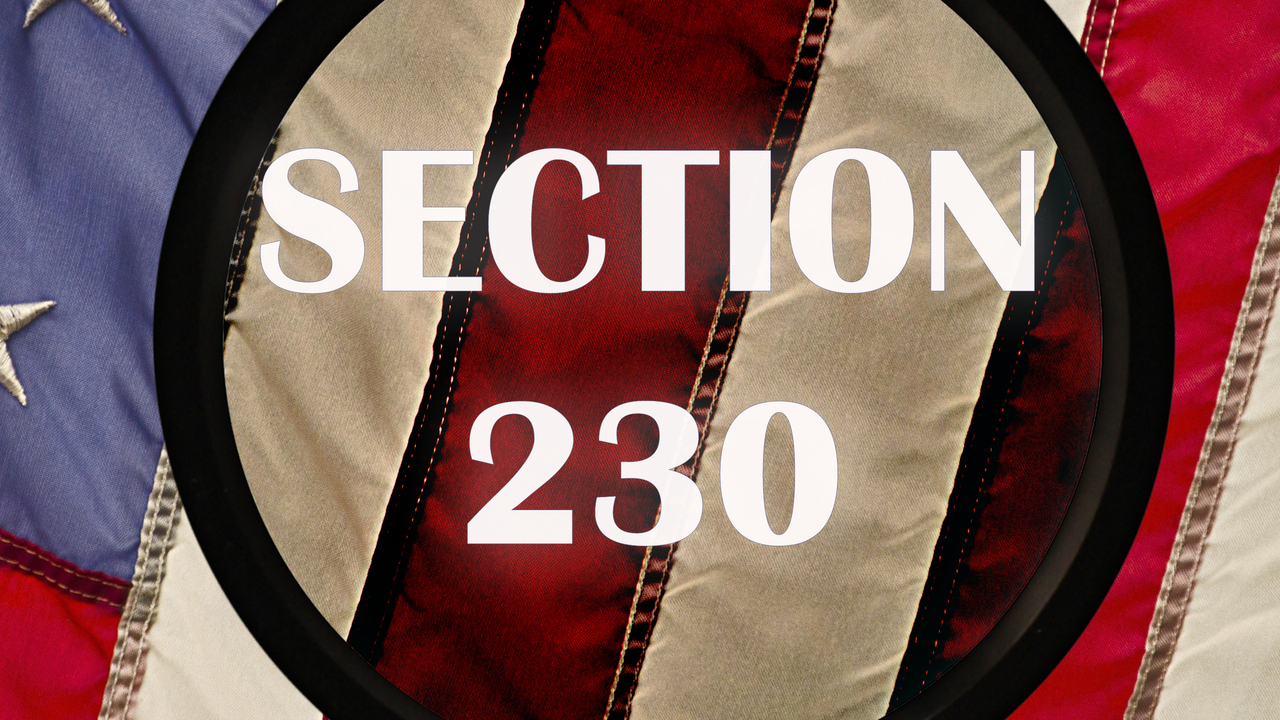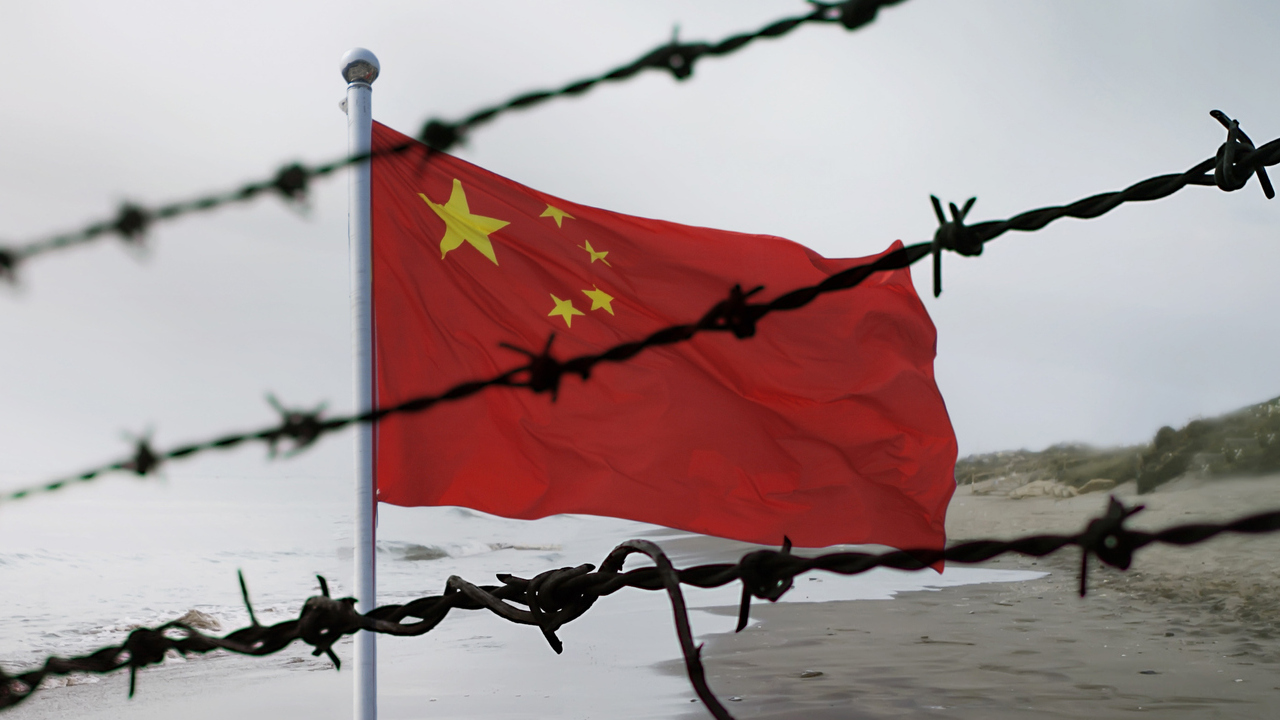Friedrich Hayek, writing when support for capitalism was near its nadir in 1949, believed “socialist thought owes its appeal to the young largely to its visionary character; the very courage to indulge in Utopian thought is in this respect a source of strength to the socialists which traditional liberalism sadly lacks.” Hayek went on to write:
. . . speculation about general principles provides an opportunity for the play of the imagination of those who are unencumbered by much knowledge of the facts of present-day life . . . and gives scope for the exercise of that constructive urge for which liberalism, after it had won its great victories, left few outlets.
Who among us hasn’t fantasized about how the world would be a better place if only we were in charge of some key institution or asset? It surely starts when we are young: “If I were my mother, I would serve ice cream with every meal!” As we grow older, we covet control of bigger things: “If I were the coach, every kid on the team would get to play.” (Or, depending on our own level of skill, perhaps “Only the best kids would get to play.”)
As adults we engage in the same fantasy, but now we project our ideals and wishes on the biggest and most powerful institutions we know of: “If I were the President, I would end poverty.” Or war, or illiteracy . . . part of the fun is getting to fill in the blank.
To not have these fantasies is to not have a heart. But knowing how unrealistic these fantasies are comes with maturity and wisdom, another way of saying “knowledge of the facts of present-day life.” Most of our fantasies about life are disabused by day-to-day experiences. We jumped off a chair or table and learned we cannot fly, no matter how intently we studied Jonathan Livingston Seagull.
But what of our fantasies about economics and politics? Are they ever really put to the test? Let us say you believe the world would be a better place if everyone’s income were the same. What life experience would convince you that you are wrong?
If you get wealthier as you get older, your experience may only confirm that being wealthier is better than being poor. Popular accounts of the condition of poor people and the lifestyles of the rich and famous will further reinforce your fantasy. There are entire shelves of books containing religious and philosophical justifications for living a life of self-sacrifice with only the barest of personal possessions, so taking money from the rich and giving it to the poor might actually help the rich live better lives!
Why Utopia Is Not an Option
So what’s wrong with your fantasy of a world where everyone gets the same paycheck at the end of the week? For a start, it cannot be accomplished voluntarily.
Former basketball superstar Michael Jordan, for example, would probably resist demands that he surrender the considerable income he earns from his businesses, endorsement contracts, and investments. Your fantasy probably didn’t include having armed thugs threatening to break Michael Jordan’s kneecaps unless he surrendered his assets . . . but short of this or something similar, it can’t be realized.
The violence implicit in your fantasy will occur to you through reflection, as will the problems of workability (who would take out the garbage if we were all paid the same?) and morality (is it fair to take away something that was honestly earned?). But these shortcomings, which are merely hypothetical after all, do little to tarnish the ideal of perfect equality and harmony: “Perhaps perfect equality is a chimera, but surely government can do something to make incomes more equal?”
Unintended Consequences
Government can, and does, do things to try to make incomes more equal. Income taxes and entitlement programs in the U.S. redistribute hundreds of billions of dollars from rich to poor each year. Oddly, though, except in the case of Social Security (which transfers wealth from young to old rather than from rich to poor), these transfers have little effect on income inequality.
The reason is that the unintended consequences of government programs, caused by changes in behavior that were not foreseen by lawmakers, cancel out progress made toward the intended objectives.
High marginal tax rates cause the wealthy to take fewer risks with their money and earn less, resulting in slower economic growth, which hurts those at the bottom of the income ladder more than those at the top. If high income tax rates slow the rate of economic growth by just 1 or 2 percentage points a year (as most economists believe), the loss to poor and middle-income families is billions of dollars more than the taxes collected from the rich and made available for redistribution. Those who receive the income transfers also tend to work less, so the total of their earned income + subsidies may not be much greater than their earlier earned income alone.
The unintended consequences of income redistribution efforts illustrate the problem facing all efforts to achieve utopia through government intervention. Efforts to promote “affordable housing” bankrupt businesses that would otherwise produce such housing for a profit, resulting in no net increase in the supply. Banning handguns disarms potential victims of criminals, resulting in higher crime rates. Banning logging on public lands causes more intensive logging on private lands or in countries with more lenient environmental regulations.
It is as if there were an economic version of Newton’s Law: For every government action, there is an equal and opposite reaction.
Capitalism versus Utopia
Children have difficulty separating fantasies from reality . . . but you the reader are almost certainly not still a child. Yet while you have become pragmatic in many other areas of your life, you remain highly idealistic when it comes to what government can do to “fix” the economy. Why is that?
This question takes us to the core of the tension between idealism–commendable in so many other ways–and capitalism. Because it has a legal monopoly on the use of coercion in a capitalist society, government can always do something to change the outcomes produced by the pure interaction of property rights, markets, and voluntary contracts. In a democratic society, the debate over what government should do will always capture the attention of the public and the leading thinkers of the day.
Capitalism, by contrast, is a process rather than an institution. It is a series of rules–about property rights, exchange, and the use of force–with no one person or organization designated to speak on its behalf. Capitalism produces an abundance of products desired by willing consumers, but is incapable of uttering a single sentence about the “meaning of life” or the “common good.”
Little wonder, then, that your children are growing up believing government is, literally, like magic: Everyone gets to debate what great things government could achieve, if only the right decisions were made or the right people elected. The closest capitalism can come to the excitement of politics is advertising campaigns declaring “plastic makes it possible!” and “got milk?”
Your children live in a world where government is visible and capitalism is invisible, where government is offered as a magical elixir for whatever problems capitalism causes or leaves unsolved. They are “unencumbered by much knowledge of the facts of present-day life.” They don’t hear a contrary view on television, from their teachers, or even from the pulpit of your church.
That leaves only one person in their world who they know and respect who can explain to them why socialism is dead and capitalism is the future.
Fill in the blank.
Editor’s Note: This article was originally published by The Heartland Institute. The article is also available at Heartland.org.
Joseph Bast is a director and senior fellow at The Heartland Institute. He cofounded Heartland in 1984, serving as executive director then as president and CEO until January 2018. His research and writing focuses on climate change and energy policy.






